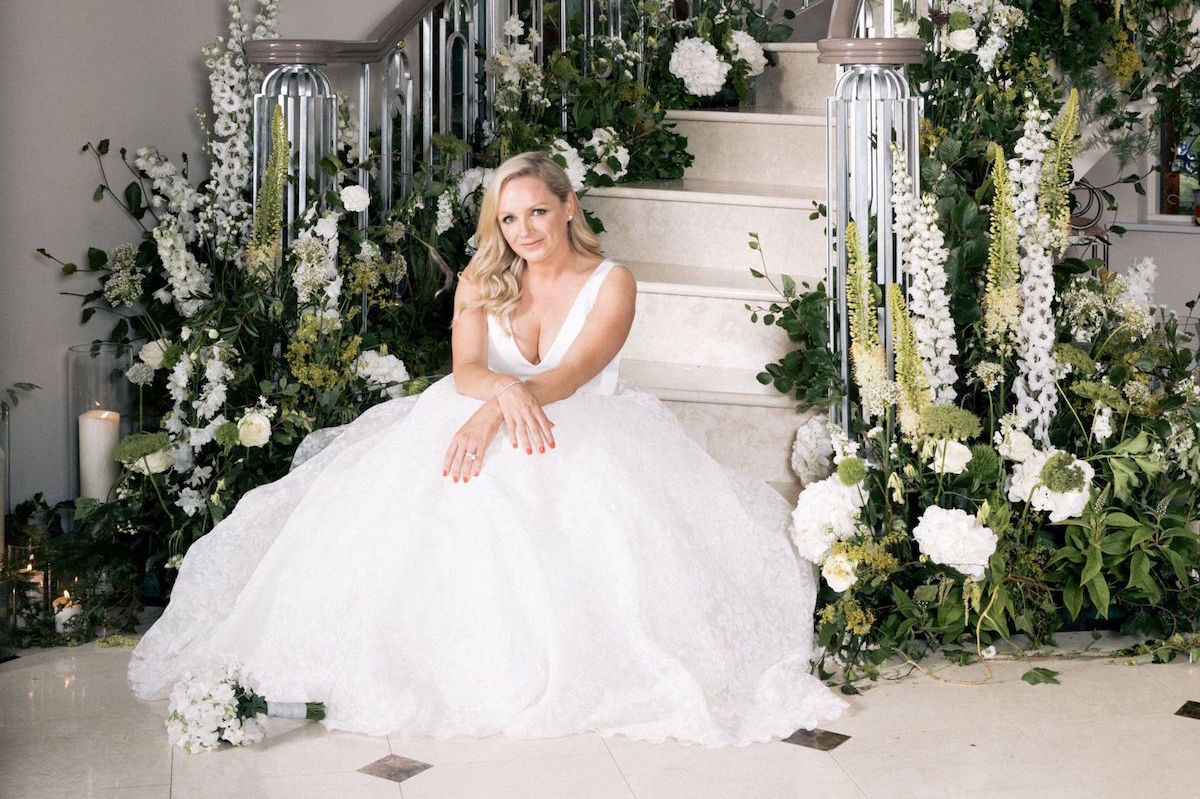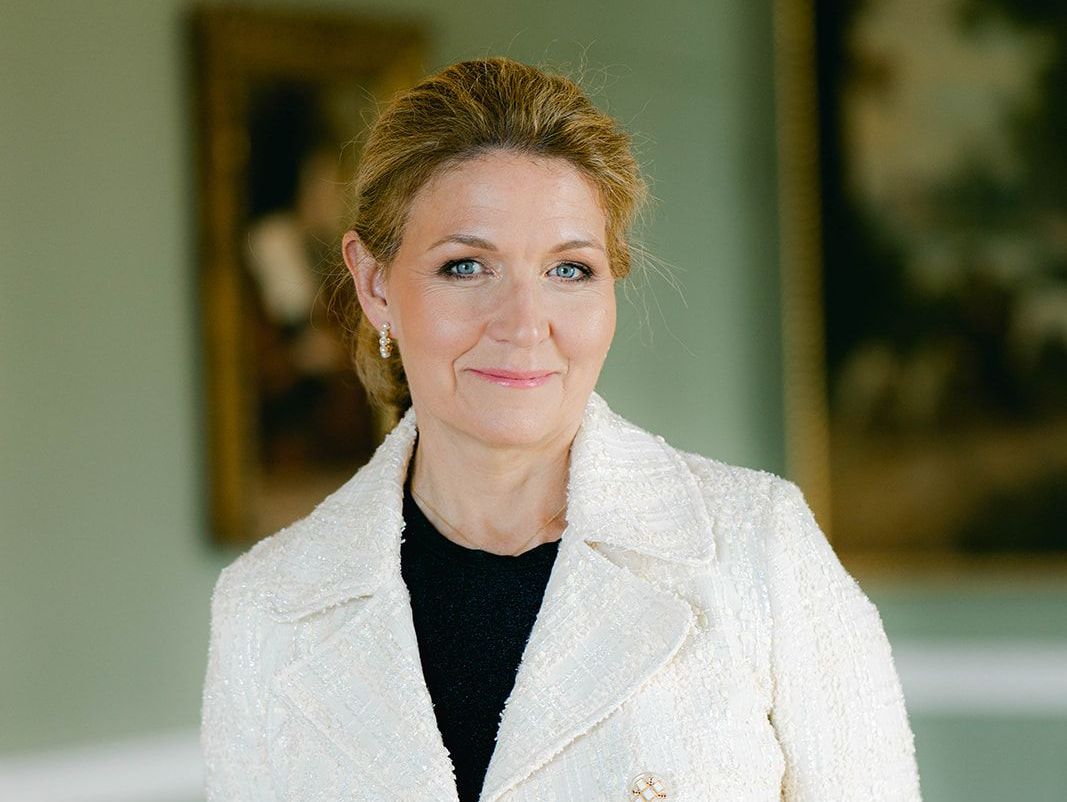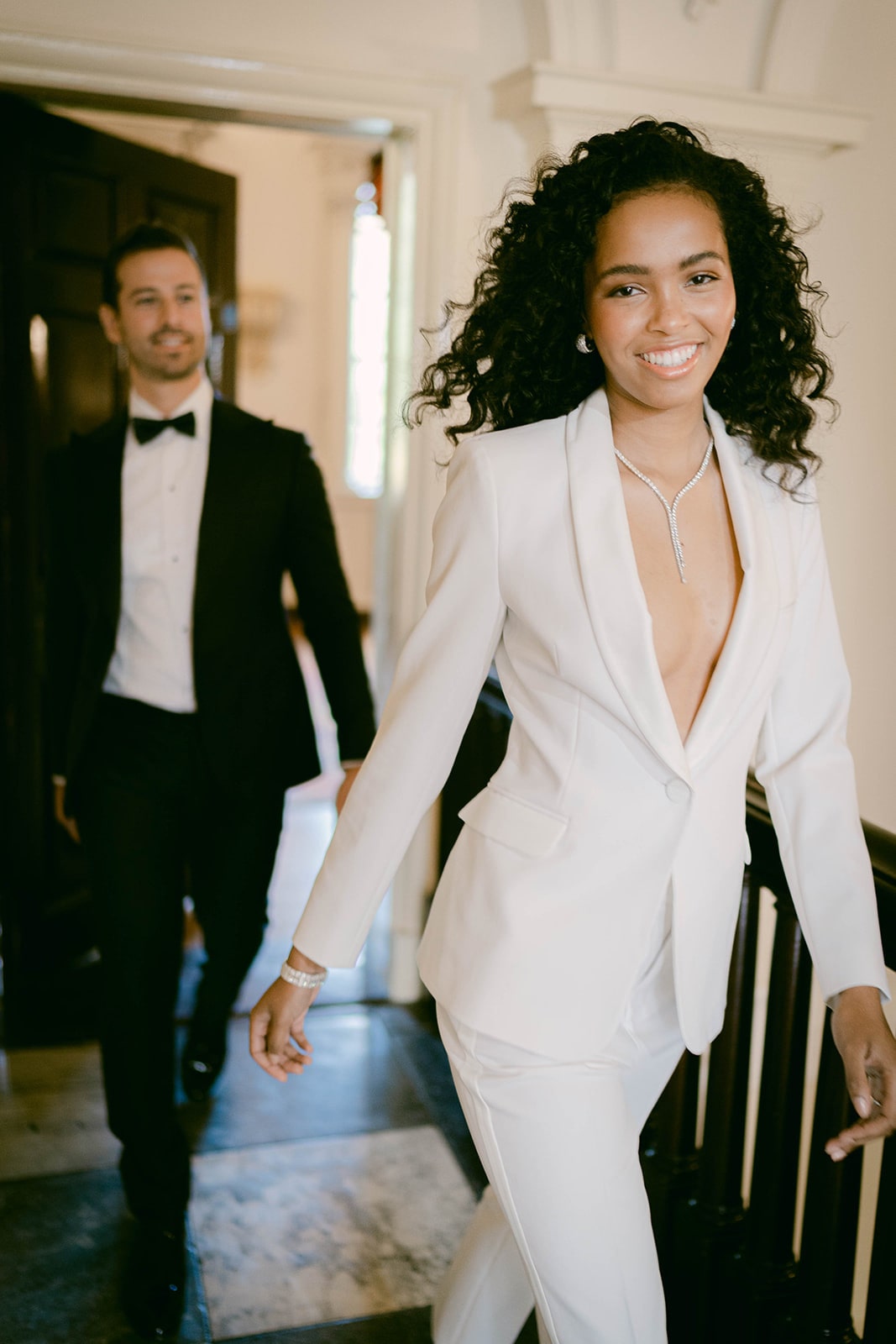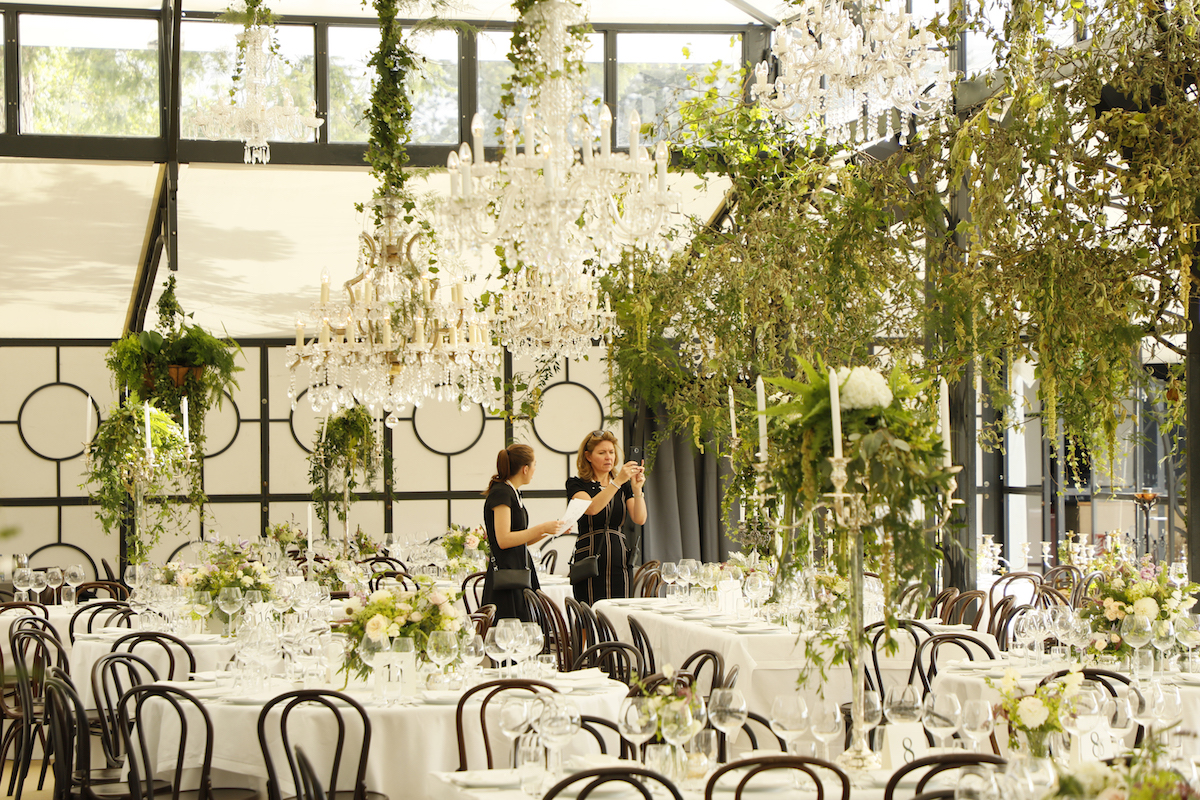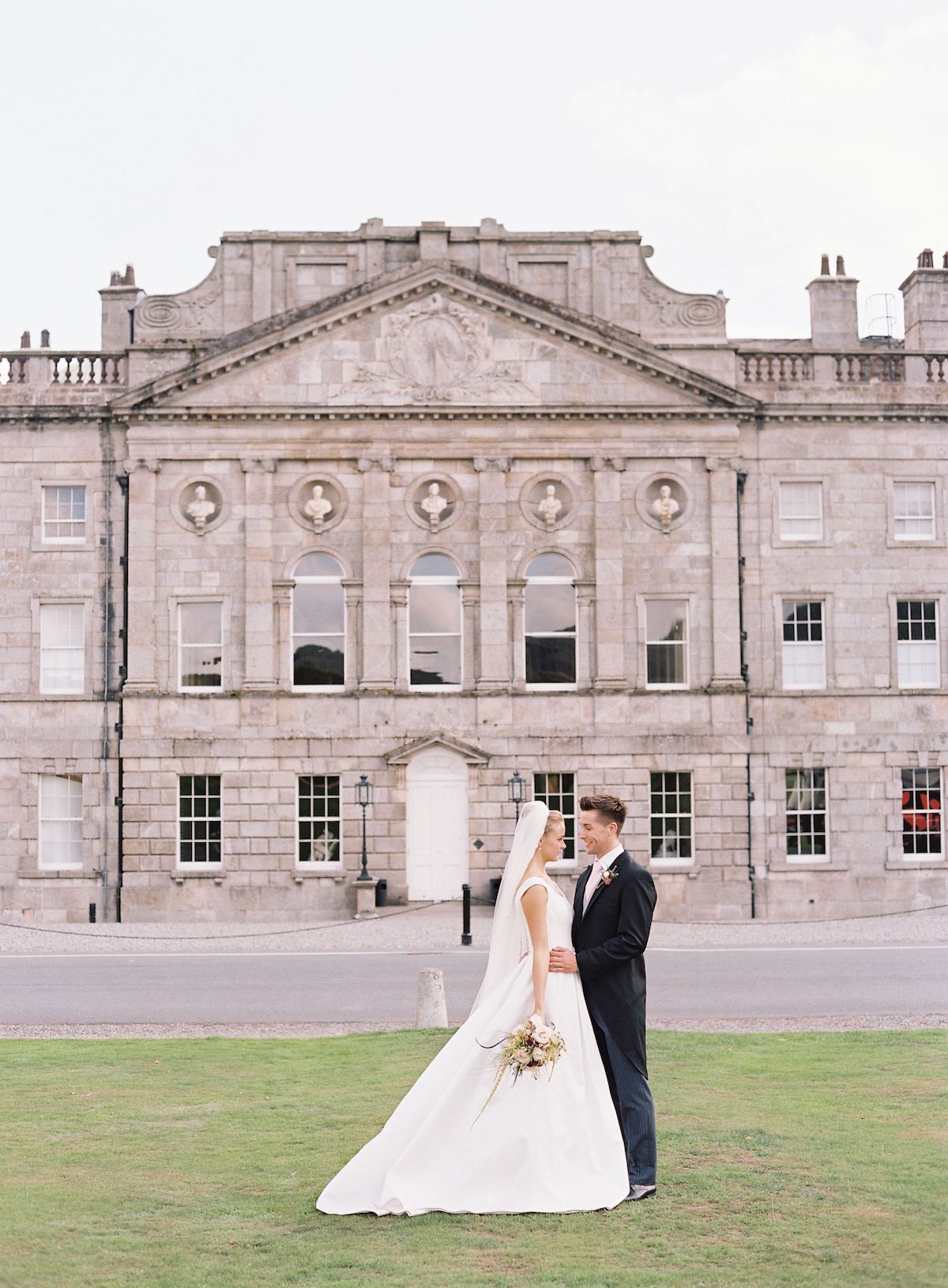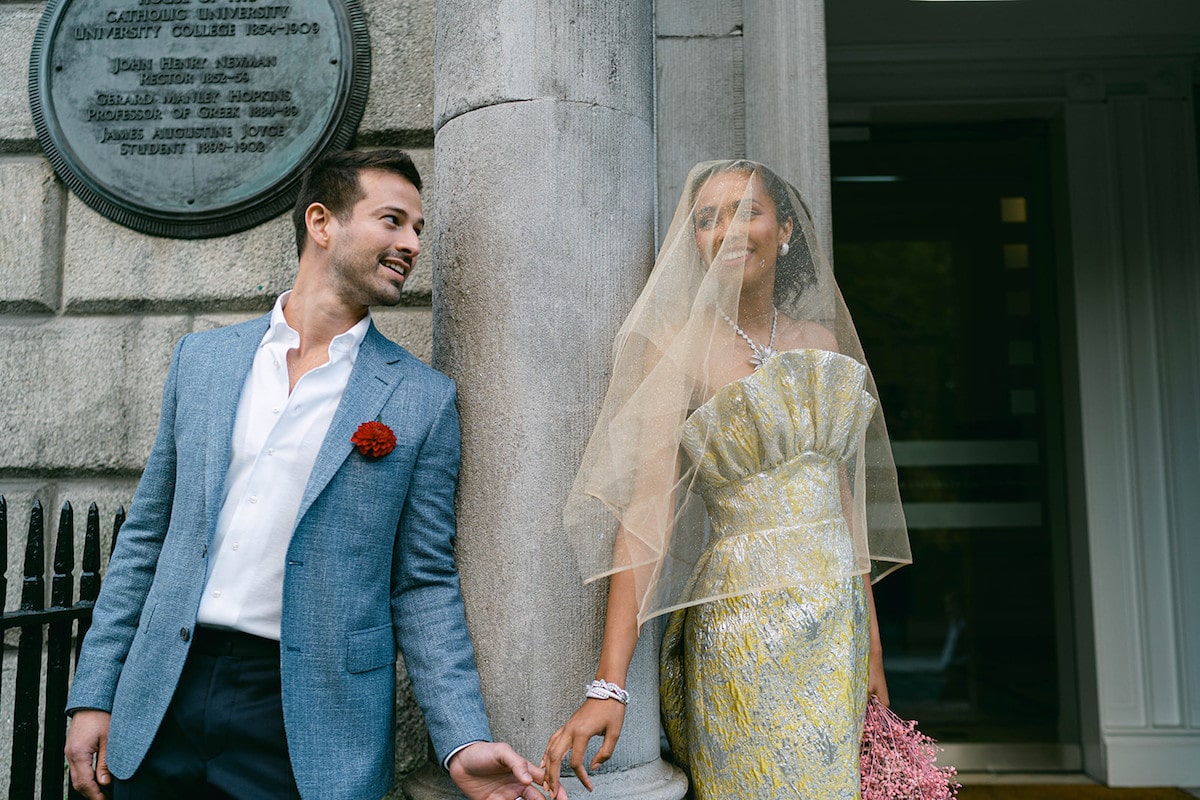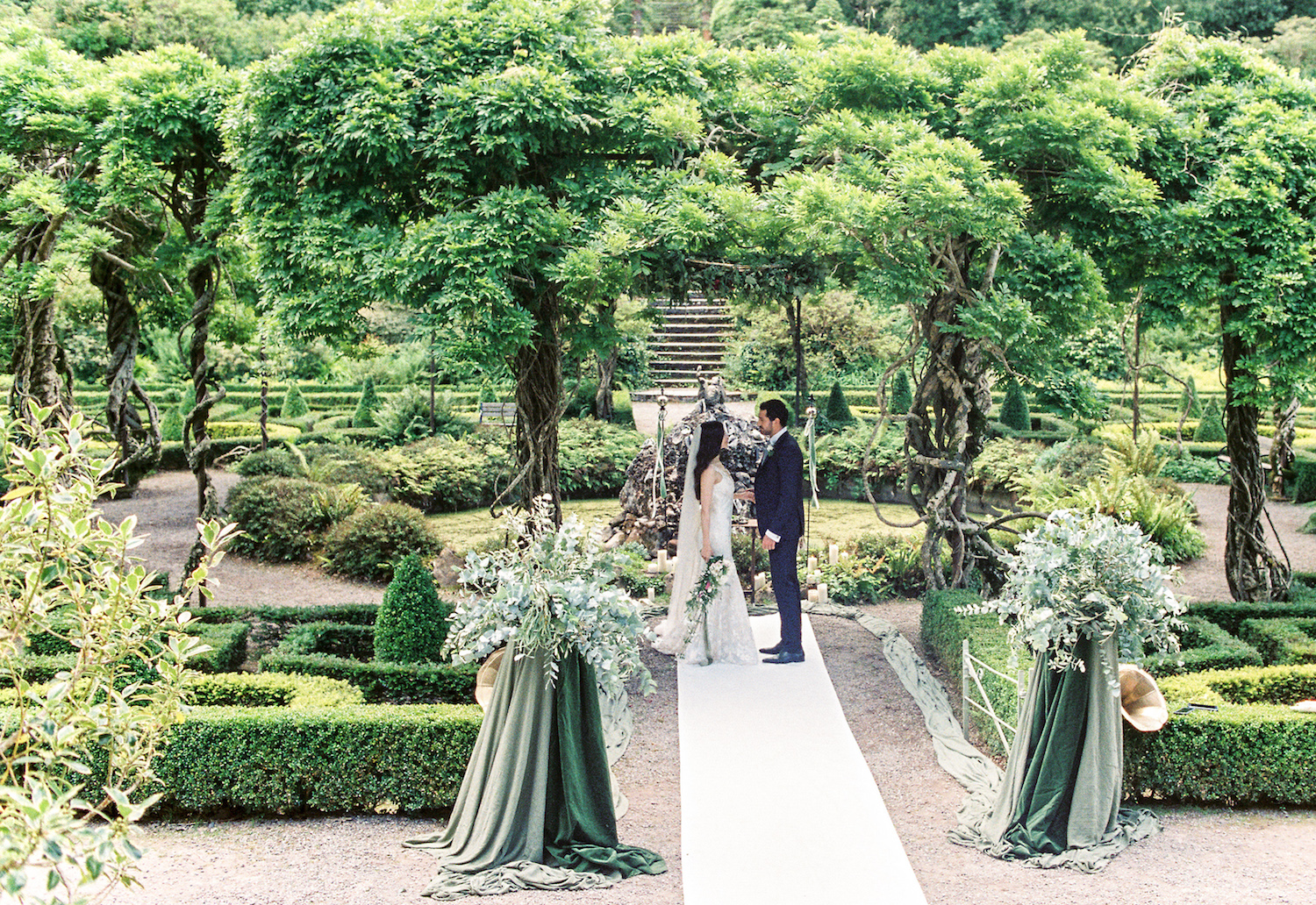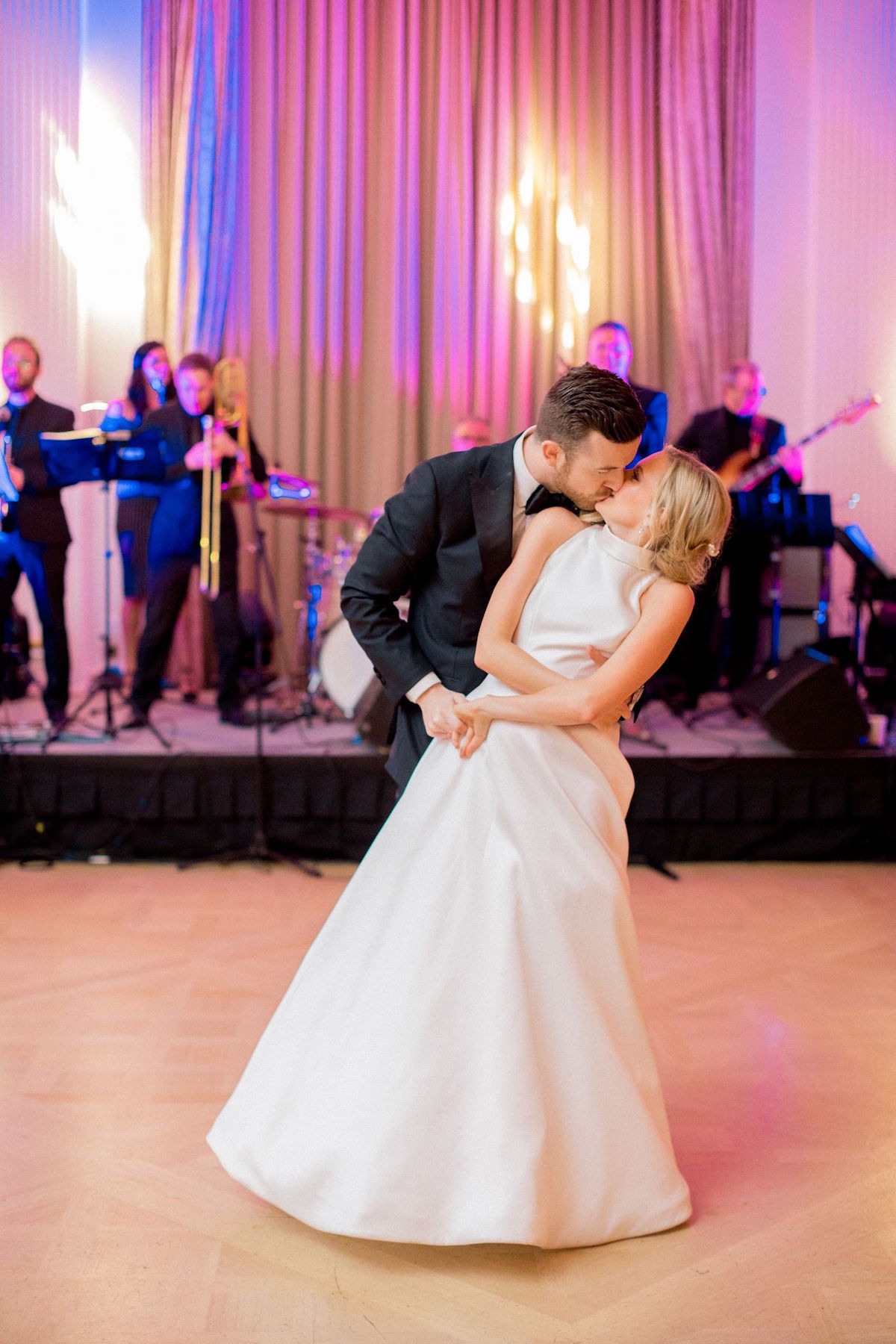After what feels like a long winter, it’s finally time for spring to unfold and the spring wedding season to begin! I love this time of year in Ireland, as we come out of our winter hibernation into lighter days, to the bursting forth of buds and blooms everywhere you look, and a sense of rebirth and rejuvenation that is so welcome right now. And, of course, it also means welcoming all the Irish wedding flowers for spring. There are SO many beautiful blooms in season from March until June – it really is the perfect time to get married!
But why choose seasonal wedding flowers? It’s true that these days it’s possible to buy almost any variety of flower at any time of year (supply chain issues allowing). However, choosing seasonal, locally-grown flowers is a more sustainable choice, which is very appealing to many couples. Seasonal flowers will also be readily available and last longer, helping your budget to stretch further. Best of all, Irish wedding flowers for spring will be at their most naturally beautiful in season. Flowers grown in a hothouse environment are not only more expensive, they also can lack that radiance and purity of colour that fresh blooms will give you.
Of course, incorporating spring flowers into your wedding goes beyond the bouquets and centrepieces. Use flowers everywhere you can – tucked into menus, pinned to the groom’s lapel, hanging from the ceiling. And why not add floral elements to your bridal attire too? Floral wedding dresses are very much on-trend at the moment, including floral prints, embroidery, and 3D appliques. Floral bridesmaid dresses are also on trend, with some including other spring motifs like birds and butterflies as well. Perfect for a garden wedding (or to bring the outdoors in if the weather drives you inside).
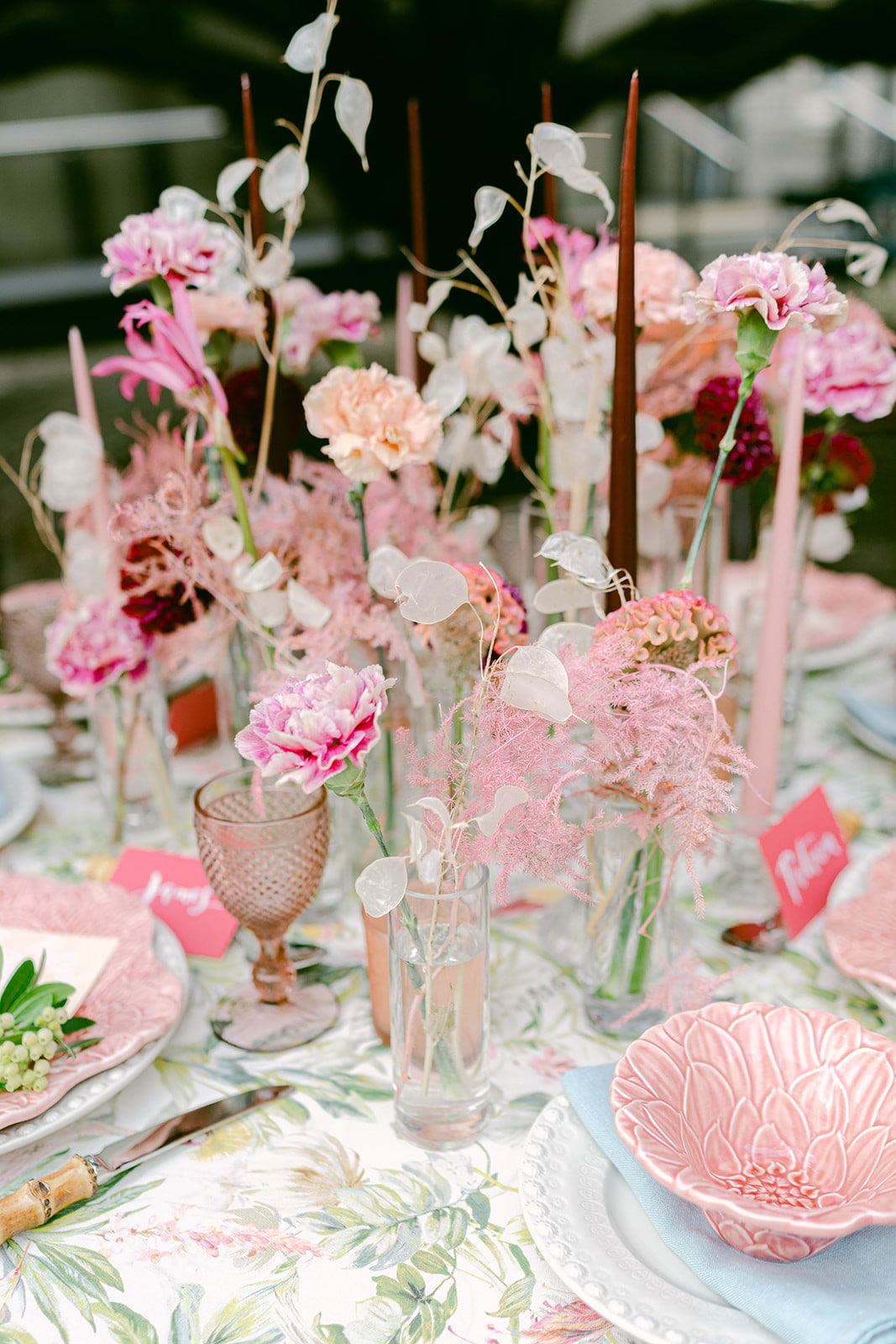
It’s always a good idea to check in with your florist about what’s available. However, the following list is a good indication of which wedding flowers are in season in Ireland in spring.
Spring Wedding Flowers, Foliage & Fillers in Ireland
- Allium
- Anemones
- Apple Blossom
- Aquilegia
- Astilbe
- Astrantia
- Bluebells
- Calendula
- Camelia
- Campanula
- Carnations
- Cerinthe
- Cherry blossom
- Clematis
- Columbine
- Cow Parsley
- Daffodils (Narcissus)
- Dahlias
- Fern
- Forget-me-nots
- Forsythia
- Foxglove
- Freesia
- Garden Roses
- Genista
- Gypsophila
- Heath
- Hellebores
- Hyacinths
- Icelandic poppies
- Larkspur
- Lavender
- Lilac
- Lily of the Valley
- Lunaria
- Lisianthus
- Muscari
- Nigella
- Peonies
- Primulas
- Queen Anne’s Lace
- Ranunculus
- Roses
- Saxifrage
- Solomon’s Seal
- Stephanotis
- Stock
- Sweet Pea
- Sweet William
- Tulips
- Viburnum
Which of these Irish wedding flowers for spring are your favourites?
Slán go Fóill,
Tara
Images by Story of Eve, Doreen Kilfeather, DK Photography





